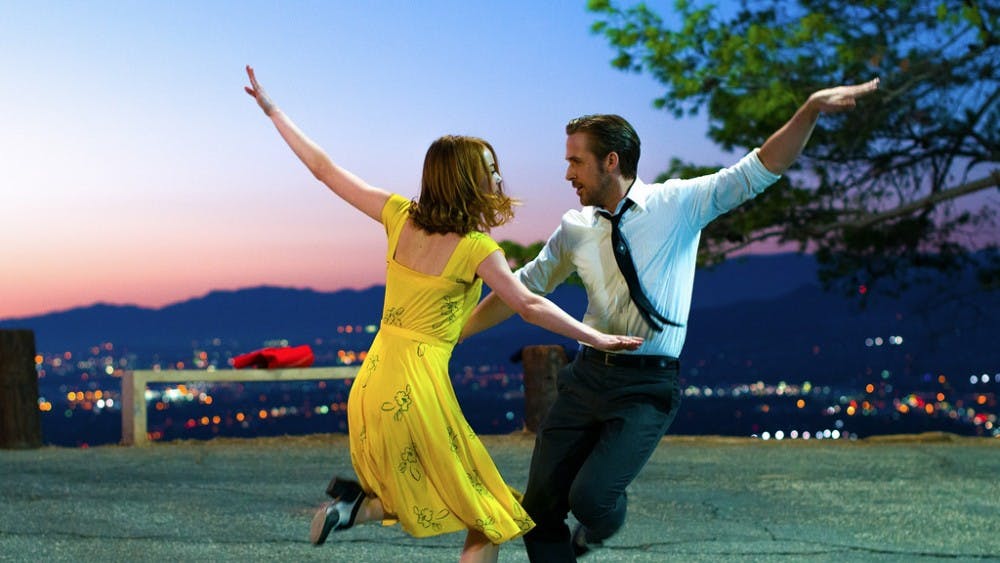What exactly qualifies a film as "popular?" This question came to the forefront when, this past August, the Academy of Motion Picture Arts and Sciences announced an addition to the upcoming Oscars, an award titled “Outstanding Achievement in Popular Film.” The category would be separate from the most anticipated prize of the evening of Best Picture. Though the Academy released few details about the new award other than its title, the decision still incited passionate response.
Many film historians theorized that the award was created in reaction to the declining viewership of the Oscar telecast. In recent years, the Best Picture winners have been ranking lower and lower at the box office—viewership may be declining simply because audience members haven't seen the nominees for the Best Picture award. A "Popular Film" category full of blockbusters would draw in the average viewer alienated by awards celebrating more dramatic, avant–garde films.
Despite somewhat valiant intentions, the new category was immediately disparaged. Many argued it was a cheap grab at ratings at best and a deliberate attempt to push aside well–made popular films at worst. It's not like commercially successful films haven’t been nominated awards before: Just two years ago, La La Land made over $400 million worldwide and won six awards, including Best Actress and Best Director. The creation of this new award might then undermine the success of popular films in already–existing major categories.

This year, Black Panther is just one representing "popular" films in the Best Picture category. Certainly the 2018 superhero film directed by Ryan Coogler wasn’t the sole cause for the new film category, but its unprecedented success plays a major factor. Not only was the film commercially successful, it was well–made and went beyond the cookie–cutter superhero films that Marvel has churned out in recent years. Black Panther had passion and notably spoke to black audiences on the topics of race and colonialism while including entertaining action as well. With the introduction of the new category, would Black Panther immediately have been taken out of the running for Best Picture and neatly placed into a separate category? Though the award would not have been implemented until the 92nd Academy Awards, the point remains that this new award could prevent the recognition of excellent blockbuster films in the tradition Best Picture category.
With the scathing Twitter rants, personal essays, and critical articles in response to the new category, it comes as no surprise that introduction of the award was postponed. The announcement of its removal was made on Nov. 13, 2018, along with the admission that it was an attempt to boost ratings. What does come as a surprise is that this year's Best Picture category contains its fair share of blockbusters anyway.

The list includes some obvious contenders. Vice, A Star is Born, and Green Book seem like clear choices after their previous successes this awards season; The Favourite, Roma, and BlacKkKlansman are more surprising additions, but welcome all the same. Where the surprise comes in are the final two nominees for Best Picture: Black Panther and Bohemian Rhapsody.
These are the remnants of the Popular Film category. The classification of "popular" was the issue with the award in the first place, but these two movies earned a vast deal more than any other nominee. The film which did best at the box office aside from these was Bradley Cooper’s A Star is Born, earning $413.6 million, about half of Bohemian Rhapsody’s $817.6 million. Black Panther surpasses both by far at $1.346 billion. To anyone’s standards, Bohemian Rhapsody and Black Panther are the more commercial films.
The question is, why did they garner the nominations? It seems, mostly, out of response to the Popular Film category. Black Panther is perhaps a serious contender for Best Picture (it is the first superhero film to gain such a nomination), but Bohemian Rhapsody, wracked with issues, seems far less worthy of it. The latter is seemingly the perfect encapsulation of what the Popular Film category would’ve celebrated: a fun romp with extensive musical numbers that makes the audience feel delightful and overjoyed, but is not to be compared with pieces such as The Favourite and Roma. Bohemian Rhapsody is good for its silliness, but certainly not for the skillfulness of its plot or cinematography.
The insult of the Popular Film category lies in the reasons behind the Oscars themselves. The Academy Awards shine a light on the hard work that filmmakers put into their art, not to hold up already popular pieces. It is the Oscars which boost lesser–known, passionate creators into fame; what is the point in creating a separate category for already acclaimed films, especially if they are not on the same level of artistry? The Popular Film award insults deftly–made pieces and the art form itself, hence the uproar of filmmakers, critics, and audiences alike.
The category raises the question: What makes a good film? To suggest that Bohemian Rhapsody doesn't belong with carefully–crafted pieces by artful directors may seem like an elitist sentiment, but perhaps it's a true one. Not all films are created equal. It is up for critics to decide whether Black Panther—or any of its successors—is good just as a blockbuster film (which it certainly is) or as a film, period.

